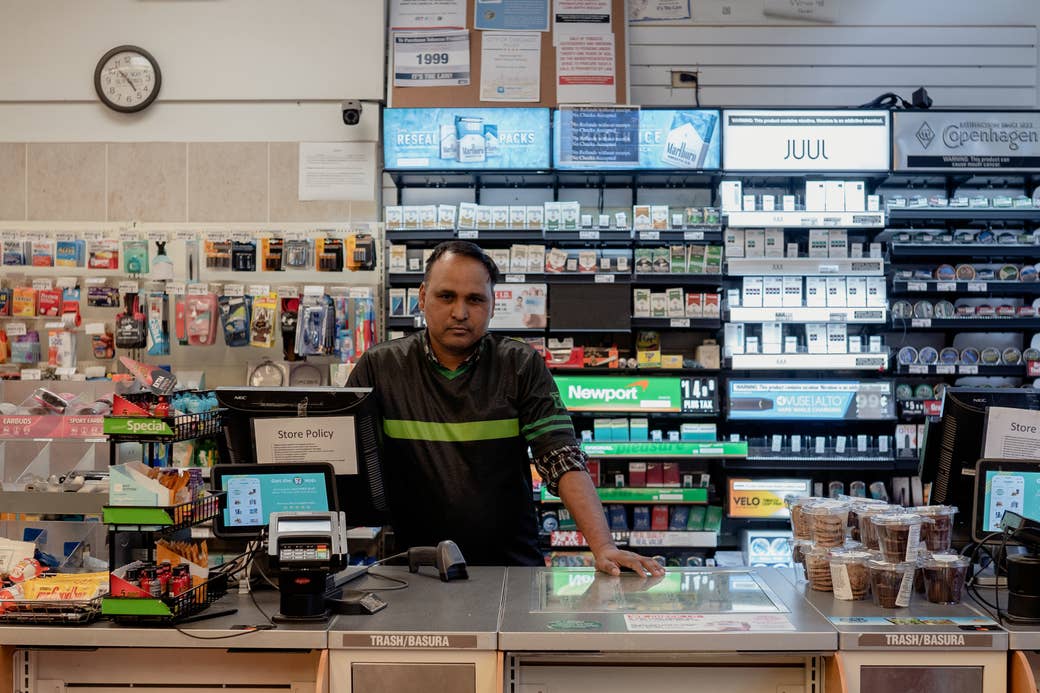
The journalists at BuzzFeed News are proud to bring you trustworthy and relevant reporting about the coronavirus. To help keep this news free, become a member and sign up for our newsletter, Outbreak Today.

Amid the ever-changing social distancing directives and protective measures from the government and the CDC, one thing has become clear: While the coronavirus affects everyone, it affects some people more than others.
Many jobs — such as food and package delivery, health care, and grocery and restaurant service — simply cannot be done from the safety of one's home. Other roles, such as poll workers and local volunteers, keep society functioning, especially for those who are home-bound or ill.
The workers who are considered essential are often low-paid and without employee protections such as sick leave and health insurance. Federal mandates such as the CARES Act sought to address some of these concerns by implementing paid leave for those who must quarantine, but the law has many loopholes to allow companies to not provide protection. Workers are increasingly feeling that they are abandoned on the front line of an invisible war, one that disproportionately affects minorities and the poor. Pat Nabong spoke with 11 people around Chicago during the early days of the pandemic about their newly essential roles in society.
Luz Martinez, food vendor
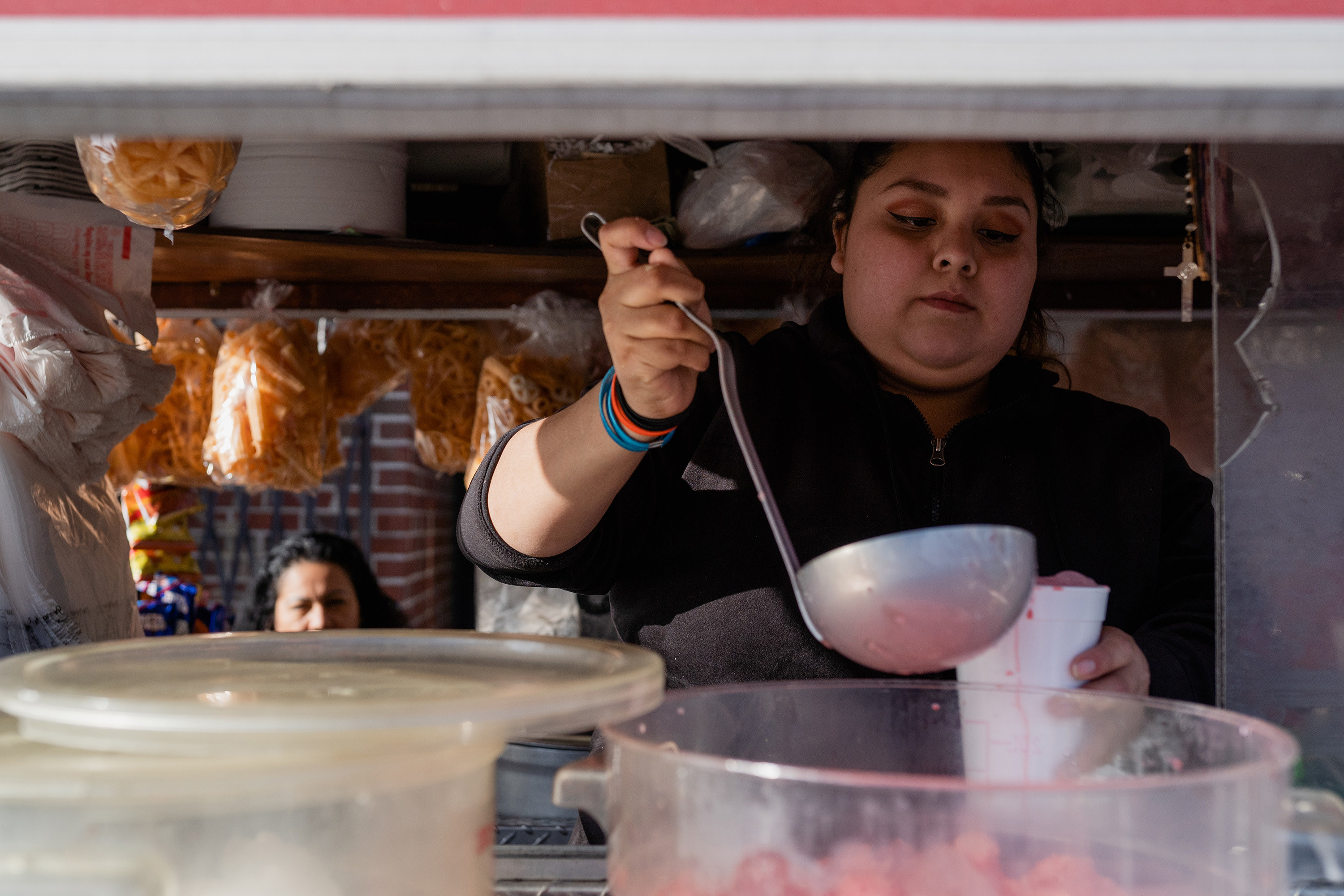
Martinez is a vendor who sells food on the streets of Chicago's Little Village neighborhood. "We're just trying to be out here like until we can," Martinez said. When asked about how she feels about working outside amid the pandemic, she said, "It's a little bit scary, but I think we'll deal with it. We'll get over it hopefully."
Melissa Palma, preventive medicine and public health physician
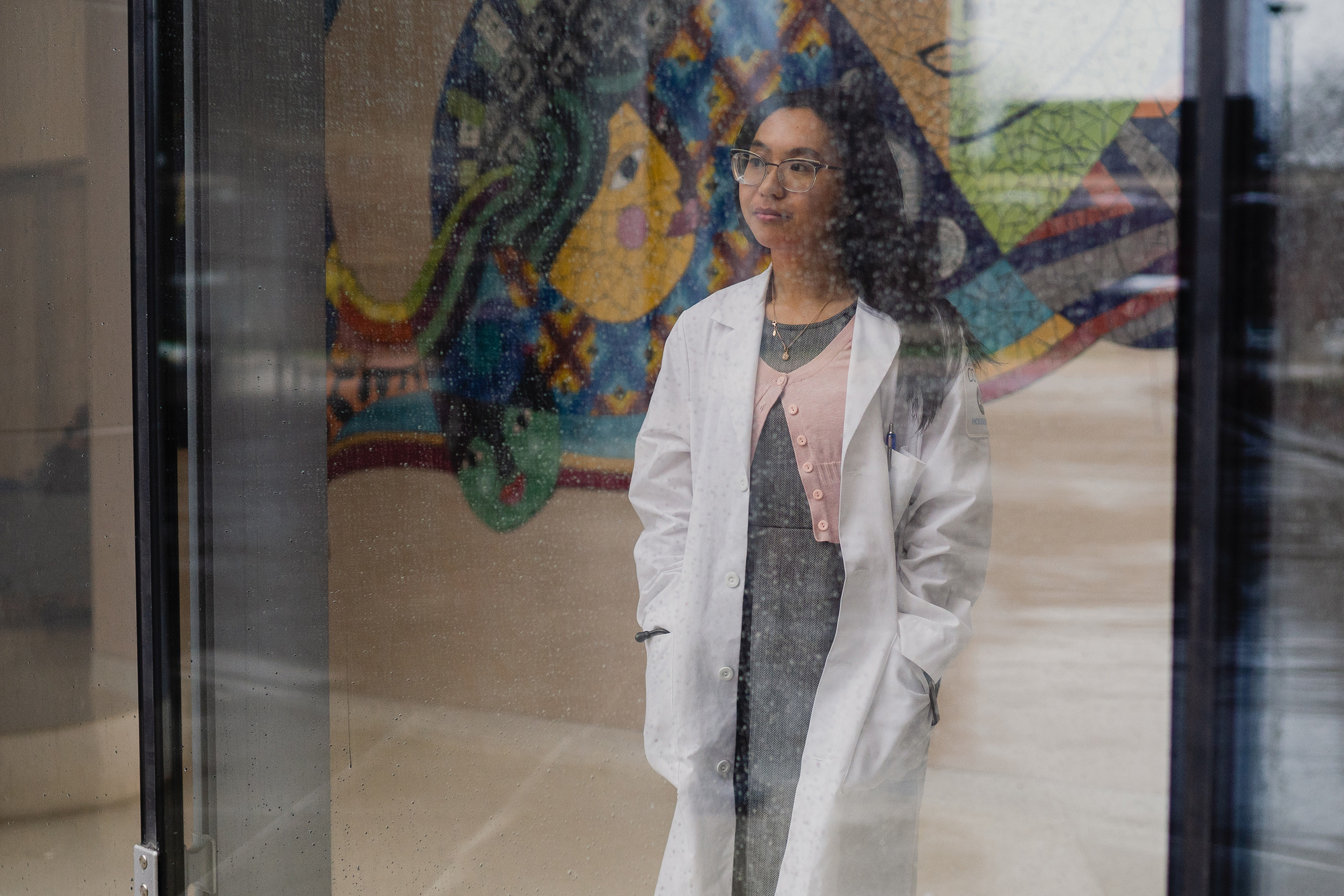
"[The concern] becomes like, 'Oh my gosh, what are we going to do when the person who gets it is the ICU doctor who knows how to run the [ventilators]? What happens when half of the nurses are out? What happens when all of the residents are, like, on isolation?" Palma said. "It gets to the point where for a member of the general public you would tell them to go home and self-isolate. If you're a health care worker, those rules don't apply to you anymore because at some point you're going to have to be called back in."
Filangelo Duque, home health physical therapist
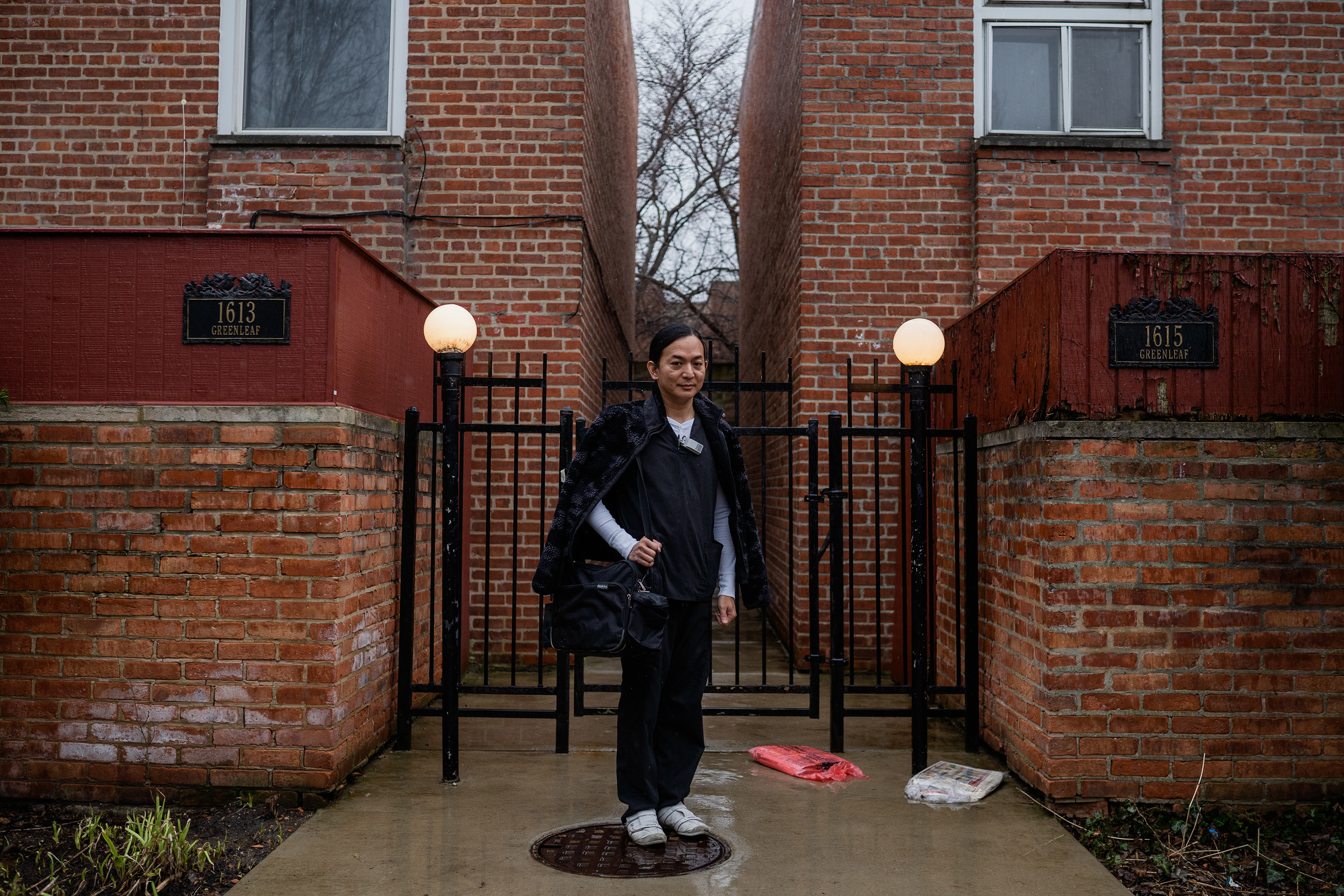
"Of course I'm scared, but the phone assessment before going to a patient's house is very helpful. Ask that day if [the patient] or any family members living in the house is sick or not feeling well. ... But the worry that you could also be a carrier is always there." Duque got tested for COVID-19 recently and was negative.
Oscar Morales, Amazon courier
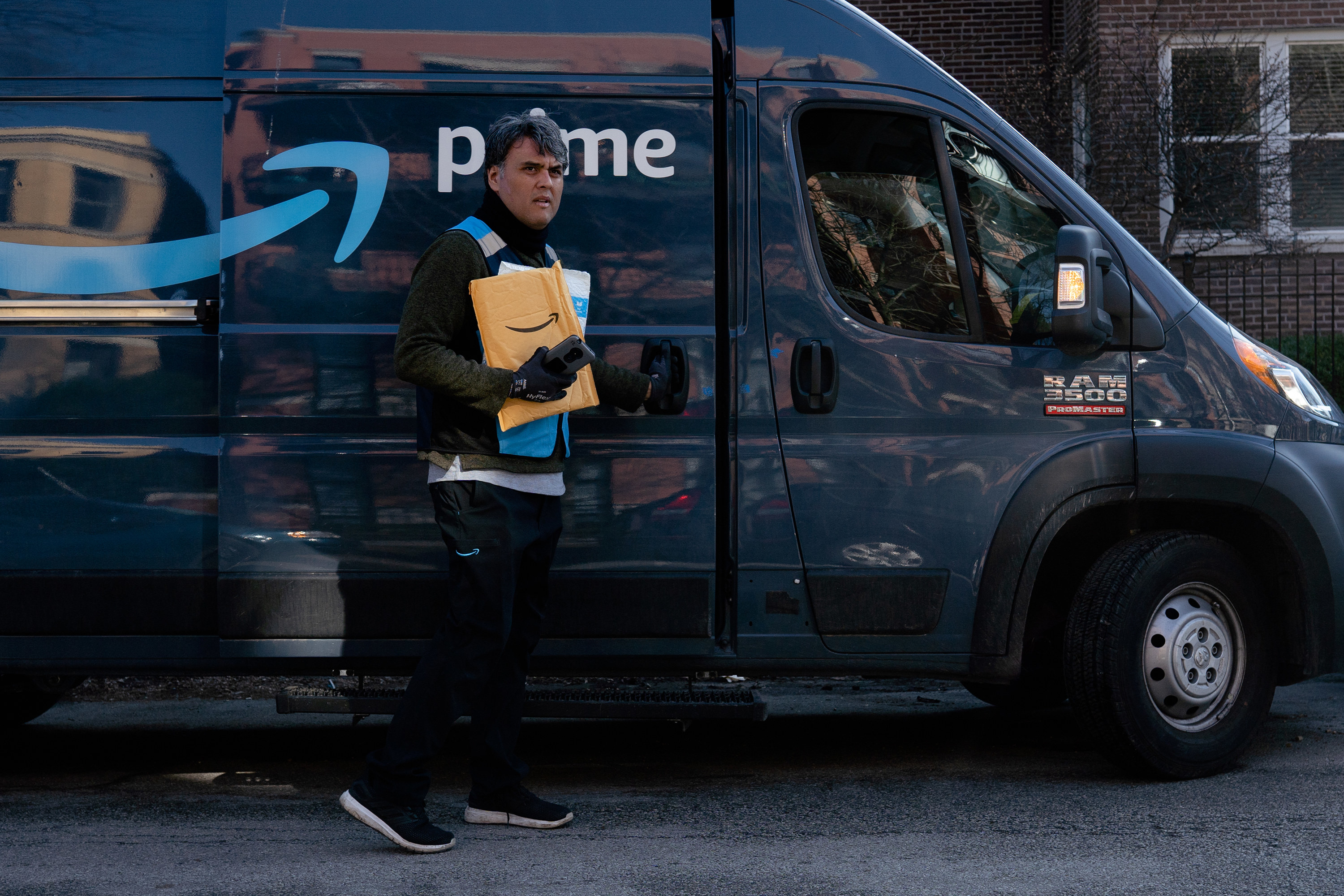
"When I get home, I don’t touch my kids," Morales said. "I don't touch anything until I get out of the bathroom."
Casey Merchant, community organizer
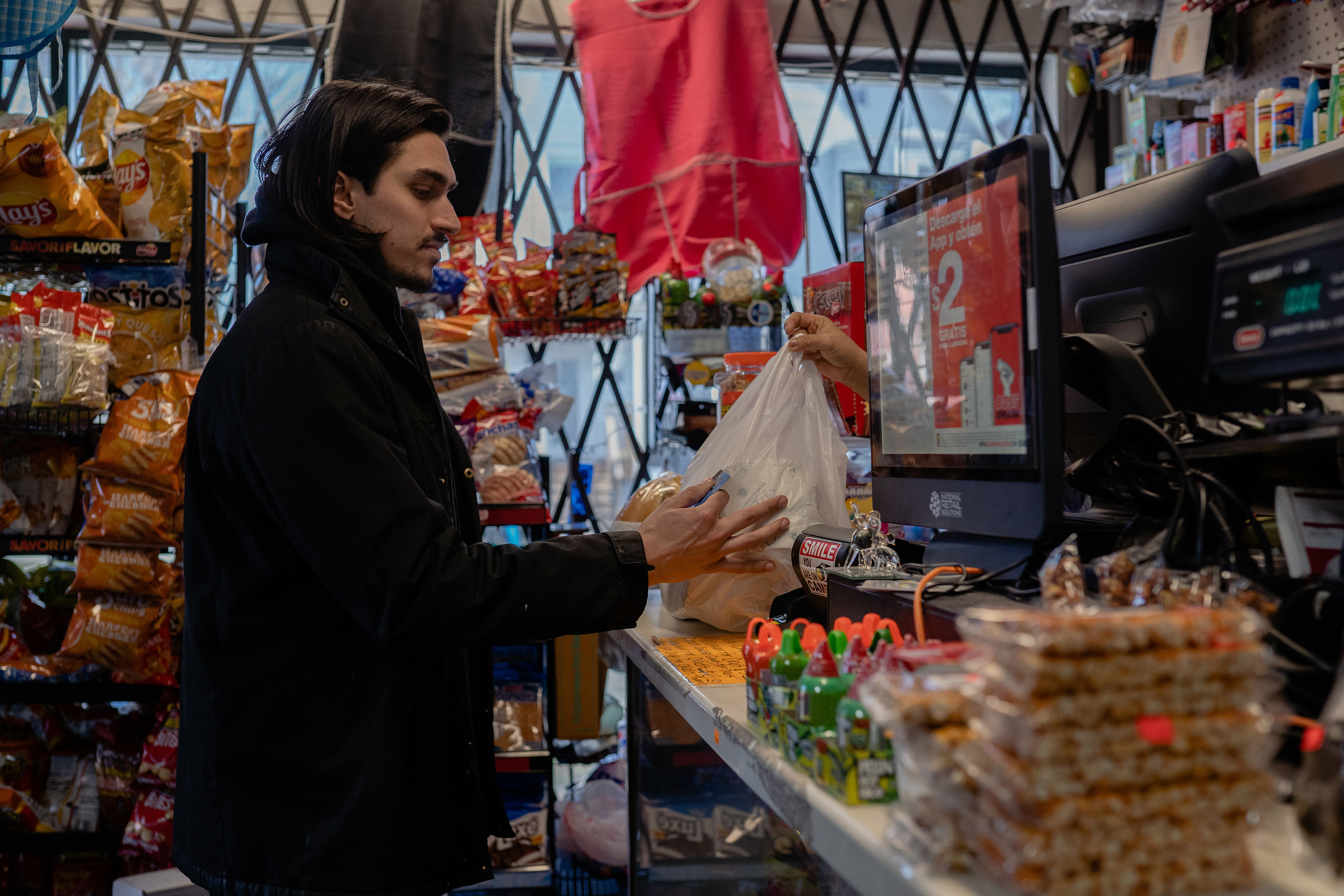
Merchant, a program manager at the Chicago community organization My Block My Hood My City, bought groceries to deliver to an older adult near his neighborhood. His organization is mobilizing volunteers to help pack and deliver food to older adults. "I feel like we can't all hide inside," Merchant said. "We can't all self-isolate. There's still services that need to be provided. There's still some businesses that need patronage."
Holly Pedro, a worker at Sonic Drive-In
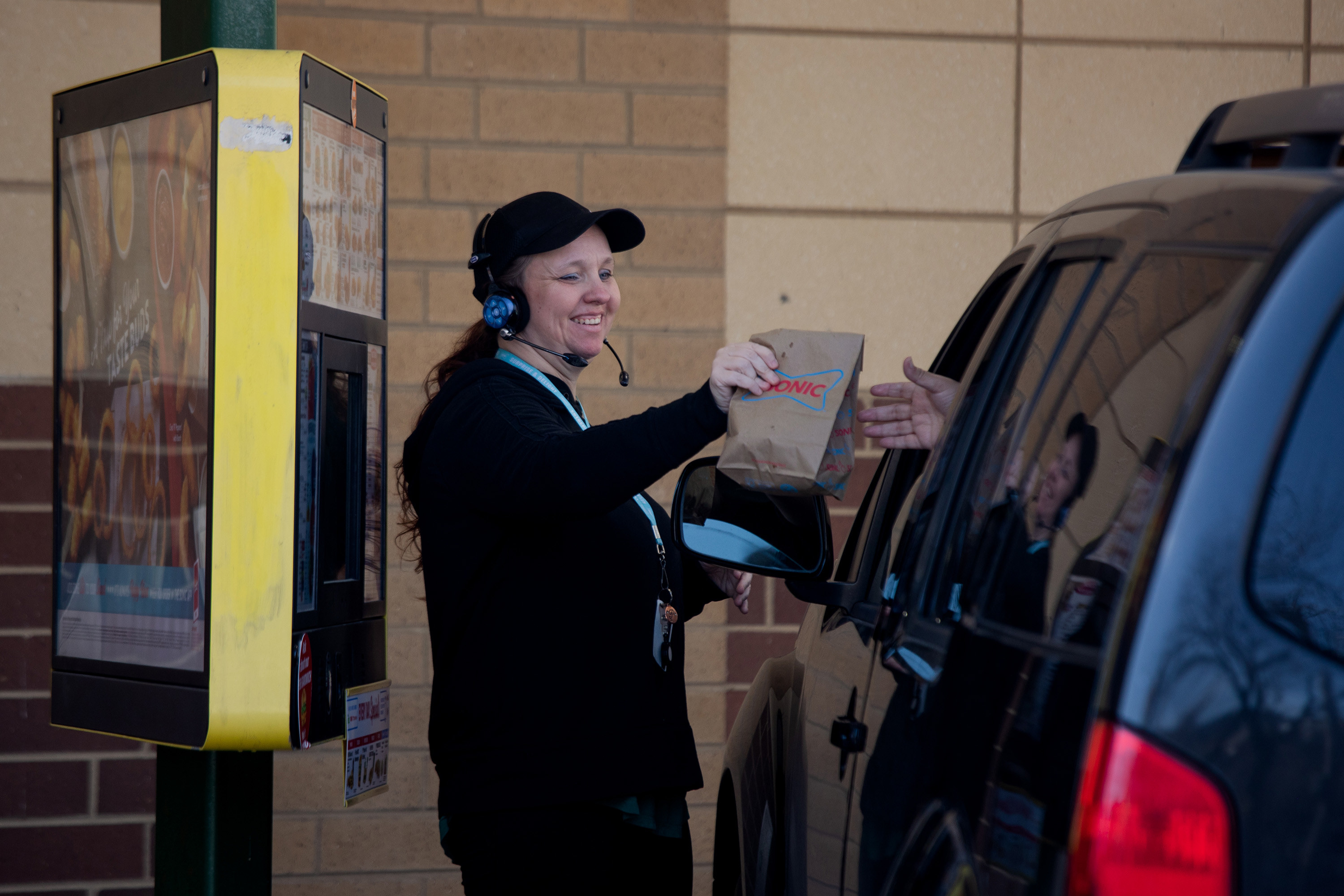
Pedro was too busy serving customers to give her thoughts on working.
Steve Wroten, poll worker
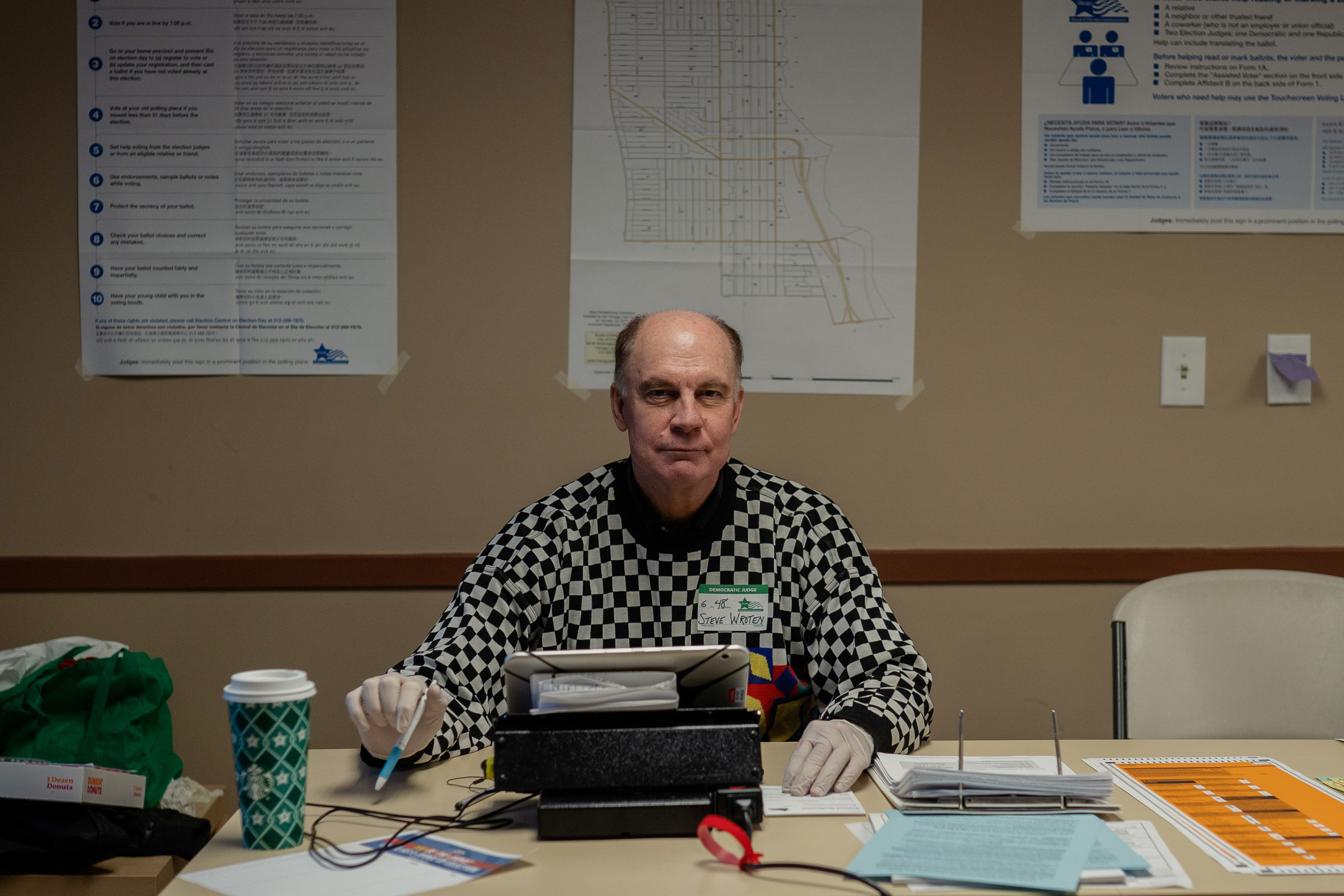
"I've always voted my whole life and so I want to help people out that way. I really believe in the process."
Williams Taylor, Safe Passage worker
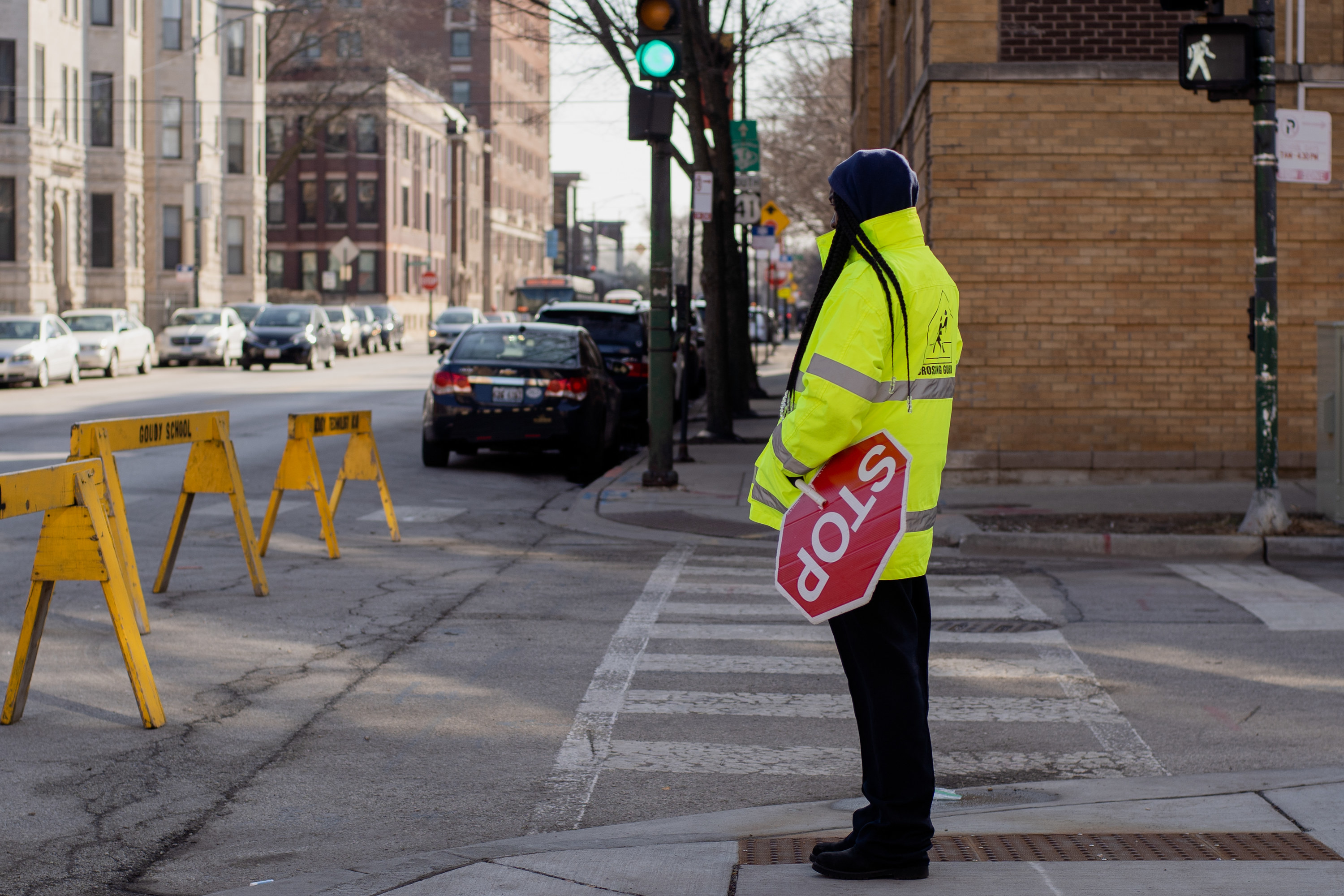
Taylor did not want to be quoted in this story. Classes in Chicago have been suspended, but schools are being used as food pickup points for students.
Colin Boyle, journalist
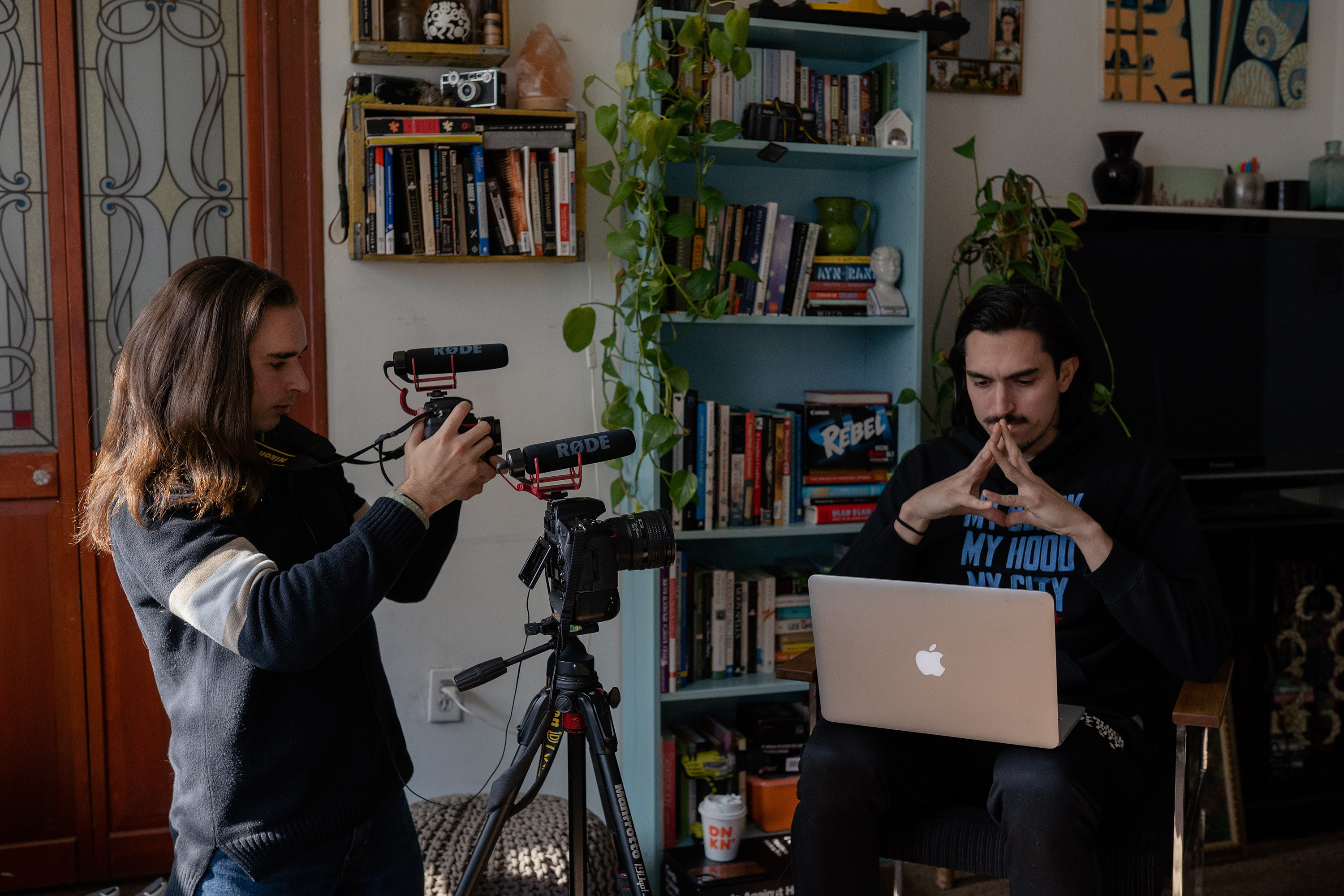
"As a journalist, [being on the field] is kind of daunting, you know. I go home and hand sanitize, shower, try and keep my hands to myself, which is tough, right? It's such an interpersonal job to make images, tell stories, connect with people," Boyle said. "But someone has to do it and in order to do it you have to have this extra level of awareness of appreciation of life and your safety and the safety and well-being of others."
Antonio Ray, poll worker
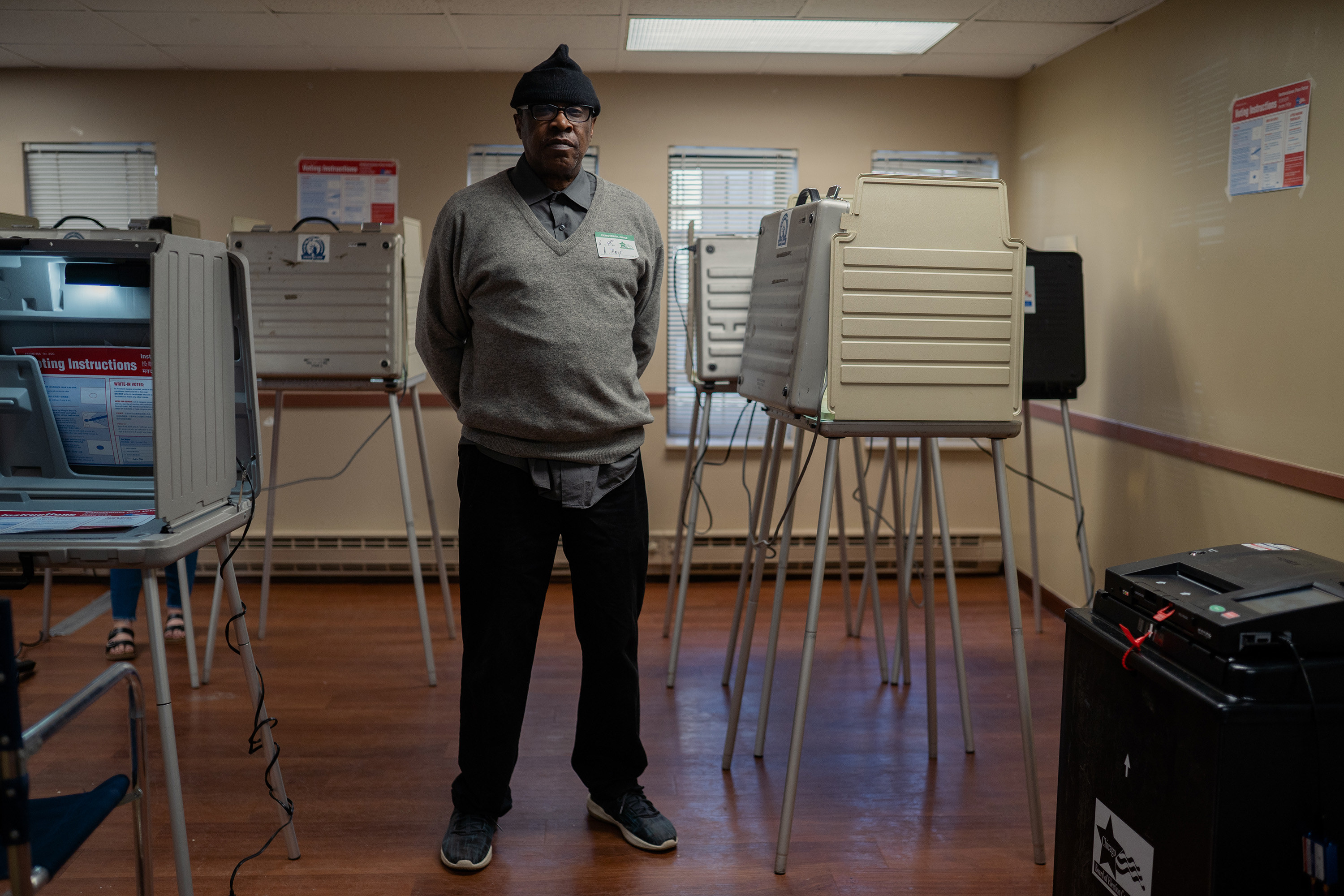
"I think this is a necessary job especially during this time in this election," Ray said. "For the reason that a lot of people didn't come, somebody had to do it, and I feel like, Hey, why not me? I don't feel the illness, you know. I'm trying to keep that up out of my mind."
